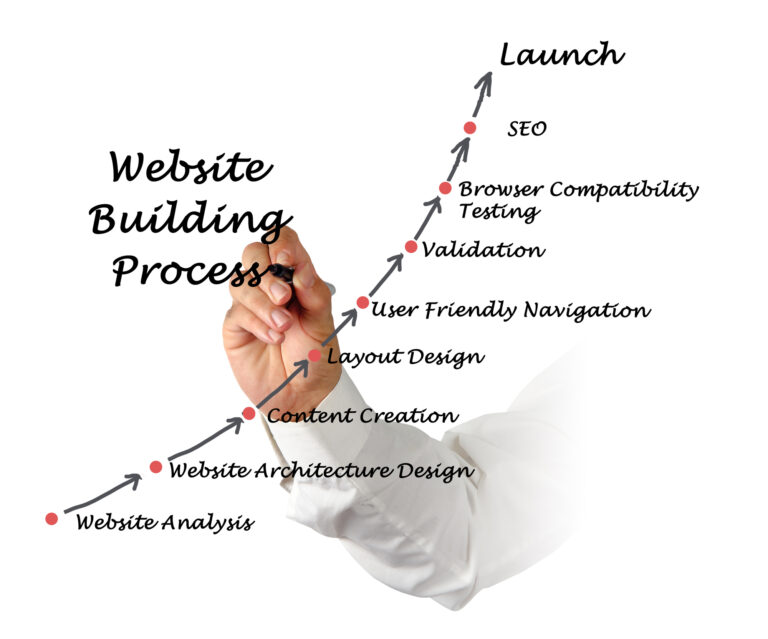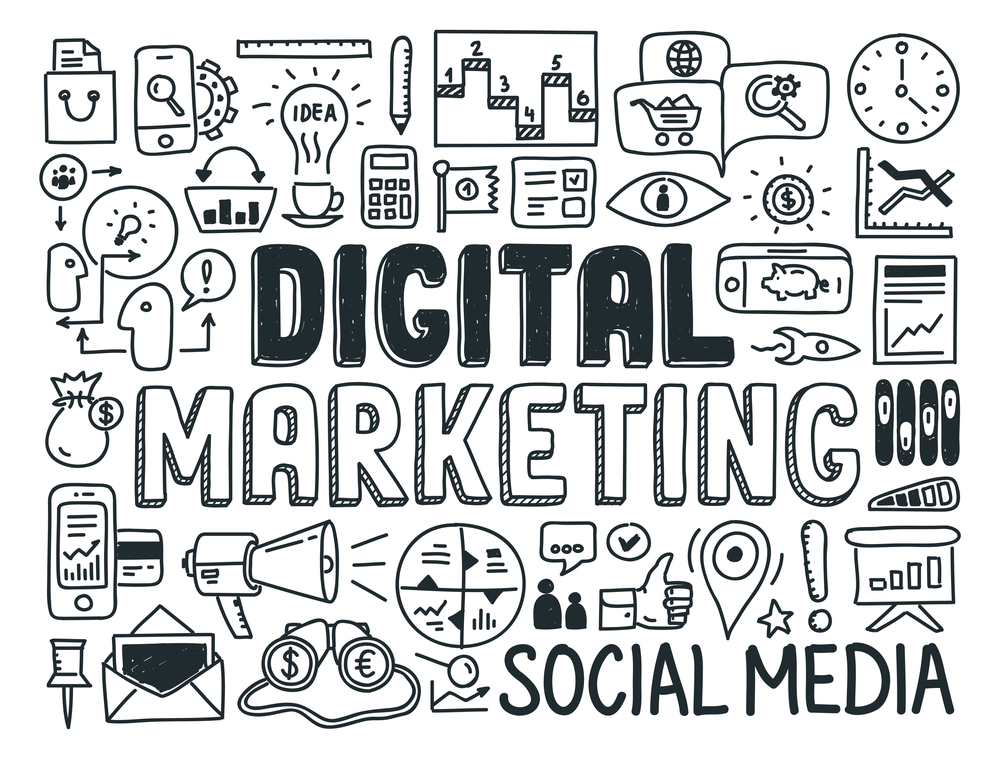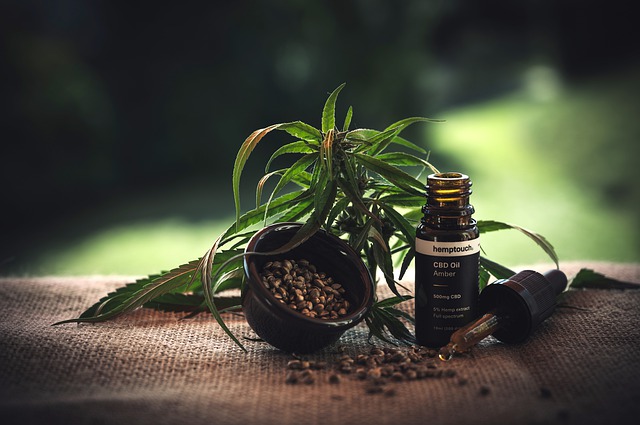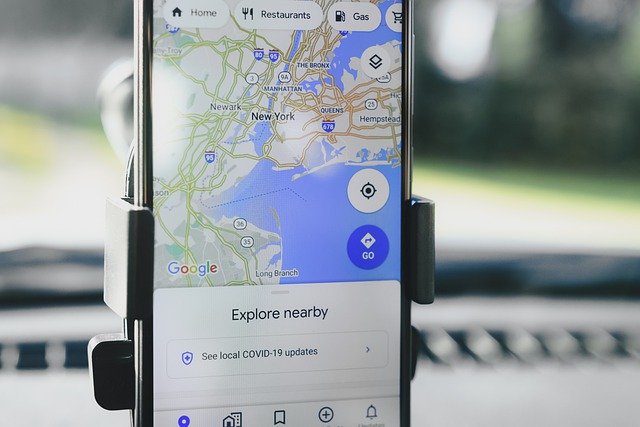Google Local Services Ads: Google Guaranteed
Unveiling the Power of Local Services Ads Search Results Placement
Having undergone initial beta testing in 2015, Local Services Ads, commonly referred to as LSAs, have firmly established their presence over the years.
If you’ve encountered the distinctive Google Guaranteed badge on various Google Business Profiles, rest assured that these signify businesses are leveraging LSAs. It’s important to note that the two go hand in hand and can hugely impact your business if you fit the criteria.
The relative obscurity of LSAs may be attributed to the absence of a primary category for certain professions, such as Painters. Nonetheless, this should not deter painting businesses from joining the ranks of LSAs.
Differentiating Local Services Ads from Search Ads
In stark contrast to Google’s conventional pay-per-click (PPC) search ads, Local Services Ads operate on a pay-per-lead model, a notable departure from the familiar click-based payment approach.
The Take Away: The key differentiator lies in the fact that, instead of paying for mere clicks that might not yield tangible results, you exclusively pay for actionable leads that can be quoted.
An added advantage is that LSAs hold a prominent position ABOVE standard Google Search Ads, providing enhanced visibility for your painting enterprise at a more economical cost. Combine with with SEO and your painting company will be on a fast track to new leads.
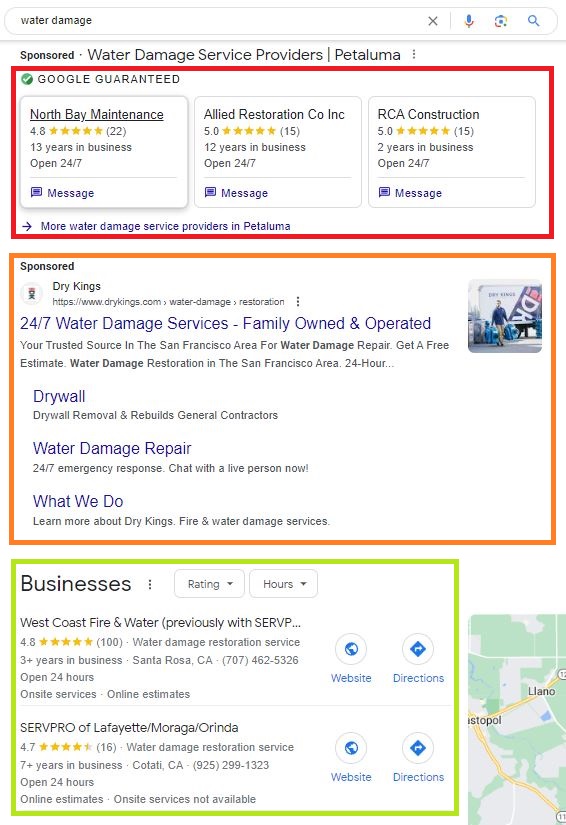
How Well Does Local Services Ads Perform
LSAs hold a prominent position ABOVE standard Google Search Ads, providing better visibility for your industry at a more economical cost.
Local Services Ads For Painting Companies
Here are some pivotal points about Google Local Services Ads that substantiate their position as an increasingly favored advertising avenue for painting companies:
- You only pay for leads that can be quoted, leads directly related to services offered within your service area.
- If a lead you receive from local services ads end up being non related to your service, you can get a refund.
- Google currently exhibits leniency in lead dispute cases.
- The typical cost-per-lead (CPL) ranges from $18 to $42.
- The average conversion rate for these leads (from lead to closed job) ranges between 60-70%.
LSA Leads over Shared Leads?
It’s natural to ponder how LSAs distinguish themselves from platforms like Angi or HomeAdvisor, notorious for shared leads we love.
The fundamental distinction lies in the exclusivity of painting leads generated through LSAs. Unlike shared leads, which are often considered lower quality sources of clientele, LSAs offer leads that are solely accessible to your painting business.

The Drawbacks of LSA for Painters
While LSAs serve as an exemplary avenue for top-tier repaint leads in terms of quality and cost, there are certain nuances worth acknowledging:
- Given the absence of a dedicated primary category for painters, there might be a notable influx of unqualified leads. Though these can be contested, the process does consume valuable time.
- A comprehensive background check procedure may span several weeks before completion.
- The business name registered with the state should align with the one utilized for LSAs. Google undertakes verification of this information.
- If your business name lacks terms like “Painting” or “Painters,” anticipate an increased occurrence of unqualified leads (the rationale unfolds further).
- Like the map pack display, search results accommodate just three primary ad slots, with placement of your LSAs determined by the quantity of 5-star reviews on your Google Business Profile.
- LSAs are exclusive to the United States
How to get your Painting Business Google Guaranteed
Laced Media gives you a Step-by-Step Guide to setting up your Google Local Services Ads.
Before you start: It is important to have and claim your Google Business Profile for your painting business, as this is a requirement.
- Google Local Services Ads mandates a background check upon setup, a process averaging 3-6 weeks for completion.
- Select “Handyman” as your Primary Category.
- Select “Painting Indoors” and “Painting Outdoors” as subcategories.
- Use your Business Name with the same one registered on your Google Business Profile and state, Google does verify state registration.
- Input “0” for the Total number of workers. Assigning a figure higher than zero would prompt a background checks for all employees.
- For Service Areas, use only the zip codes within your target area. This dictates which leads are contestable.
- Configure the Ad Schedule to “All Day,” or Google with use your business hours instead.
- Proof of Business Insurance may be required.
- After your application submission, expect a text message requesting photos of your driver’s license. This can take a couple days to receive.
- Disabling the messages feature can weed out Spam leads.
Let Professionals Setup Your LSA
If you’re interested in having the professionals set this up for you, Laced Media has the professionals. We can setup up and mange your Ads campaign and more. Schedule a free consultation call today.







